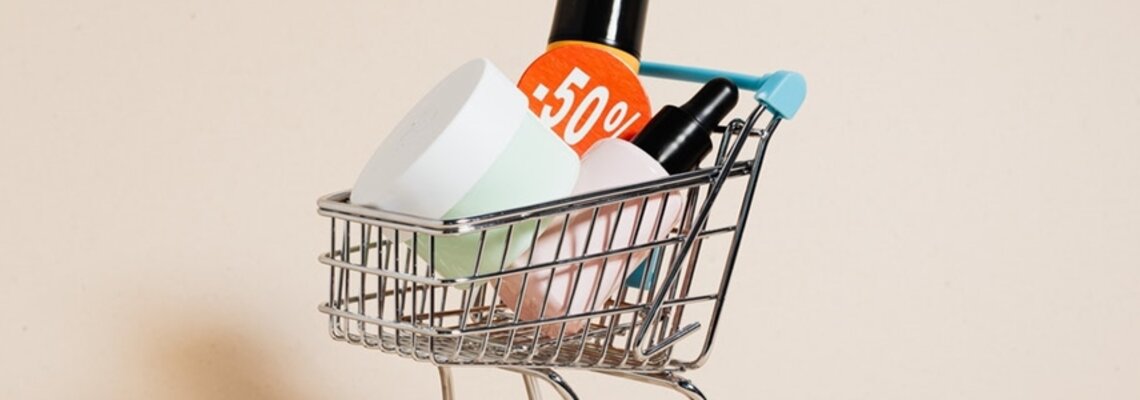
BNPL: What Does the Future Hold, and How Can Retailers Benefit?
As with any emerging industry, buy now, pay later (BNPL) is in a near-constant state of flux. And with the return of consumers to brick-and-mortar stores, the rise in global inflation pressures and shifts in shopper appetites, the markets providers serve are changing, too.
Last year, OneStepCheckout’s Thien-Lan Weber anticipated many of these trends in her article “The Buy Now Pay Later Boom in the Magento World.” But given the twists and turns that have happened since, it is worth taking a fresh look at how the industry is evolving and, most importantly, at how retailers can guarantee success in a dynamic landscape.
First, let’s address a core question that still lingers despite the meteoric rise of BNPL across the globe: Is it in the best interests of retailers to offer point-of-purchase lending? The answer, based on the evidence of the past two years, is a resounding “Yes!”
The addition of BNPL has had a clear and measurable impact on key performance metrics for retailers. According to an industry report by Global Payments, BNPL can increase the likelihood of shoppers completing a purchase — so-called conversion rates — by 20-30% and boosts average ticket sales by as much as 50%. This explains why 65% of merchants in the same survey said they planned to add BNPL as a payment method in 2022.
And while the road ahead may be marked by consolidation, specialization, economic shifts and struggles at some individual providers, none of that is expected to stop the overall growth trajectory. By 2026, 24% of global e-commerce transactions are expected to go through BNPL, up from only 9% in 2021.
Let’s take a market-by-market look at this bright future:
United States:
- According to eMarketer, 50.6 million Americans used a BNPL service in 2021, some 5 million more than forecast the year before. More than 30% of internet users bought with BNPL, up 56.1% from 2020.
- The value of total transactions involving BNPL is expected to reach a staggering $75.6 billion this year, with 79 million opting to use the service. By 2026, these totals are expected to soar to $143 billion and 105 million shoppers, respectively.
United Kingdom:
- In a study of the U.K. experience, Bain & Company said BNPL had become “a key ingredient of merchants’ growth plan” and said baskets paid for with point-of-purchase loans are as much as 20-30% larger than those settled with credit cards.
- According to the same survey, 57% of U.K. merchants said offering BNPL had increased conversion rates, while 46% saw a rise in average order sizes.
- Bain estimated based on data from BNPL providers that the value of BNPL transactions in the U.K. has grown 60-70% annually to £6.4 billion, or 5% of the e-commerce market. Roughly 20,000 U.K. retailers are now offering access to BNPL.
Europe:
- Business Insider indicates that in the coming years, the European market will likely contribute up to half of total BNPL spend.
- According to Insider Intelligence, the payment method is expected to make up 13.6% of transactions in Europe by 2024, up from 7.4% in 2020.
Australia:
- Generally considered the birthplace of today’s BNPL model, the Australian market is going strong. Research and Markets reports that BNPL adoption will grow steadily from this year and on into 2028.
- Perhaps the most important lesson the Australian experience can teach us is the value of embracing installment payments. Australian retailers are no longer asking “do I need BNPL,” but rather, “how many BNPL should I offer, and which?” The BNPL aggregator Optty said one retailer boosted its sales by 40% simply by increasing from one provider to three.
Asia:
- In Asia, penetration has been less pronounced, chiefly due to competition from rival payment methods such as digital wallets.
- Still, forecasters see solid growth prospects. According to Phil Pomford, general manager for global Ecommerce in Asia-Pacific at FIS’ Worldpay, BNPL is forecast to be the fastest-growing e-commerce payment method in Hong Kong, India, Malaysia and Singapore, rising more than 40% per year through 2025.
Taken together, the evidence tells a clear story: BNPL’s forward march across the globe is set to continue.
So, how can Magento merchants take advantage of this compelling trend and its benefits for customer loyalty and the bottom line?

Take a tip (or several) from BNPL integrator and Magento partner Optty:
- Let consumers do the choosing: According to Optty proprietary data, 16% of BNPL users check out using the third provider they investigate, not the first. If they were restricted to a single provider, these shoppers might well make their purchases elsewhere. Choose a vendor-agnostic BNPL provider, with a single integration to your store, to avoid requiring thousands of dollars and hours of development work.
- Market shift “insurance”: We’ve already started to see acquisitions in the BNPL space and, in some cases, providers folding due to miscalculations in GTM strategy. Retailers who leverage a one-to-many integration are insured against such shifts since they gain access to a whole constellation of providers.
- Responsible lending: One of the chief concerns expressed about the industry is that it has the potential to encourage excessive borrowing. Choose a solution that allows retailers to offer consumers access to platforms that encourage responsible debt management.
- Regulation: With some major jurisdictions (e.g., the U.K. and the United States) considering regulation of the BNPL sector, retailers face the possibility of increased data requirements and/or other regulator demands. While these changes may ultimately improve the health of the industry, they could also result in development headaches for unprepared retailers. With a managed BNPL solution, little to no further work is required.
- Reporting and additional functionality: Additional benefits from one-to-many integration include side-by-side trend reporting, widget configuration and customization.
- Checkout flow optimization: Removing the hurdles buyers face at checkout is critical to ensuring shoppers complete their purchases. The proof? Retailers using the Magento 2 platform have reported that adding the OneStepCheckout extension can increase order conversion rates by as much as 30%. Buyers can also be put off by not finding the payment options they want at the end of the process.
Whatever the future brings, it seems clear that the arrival of BNPL has changed the retail landscape forever.





